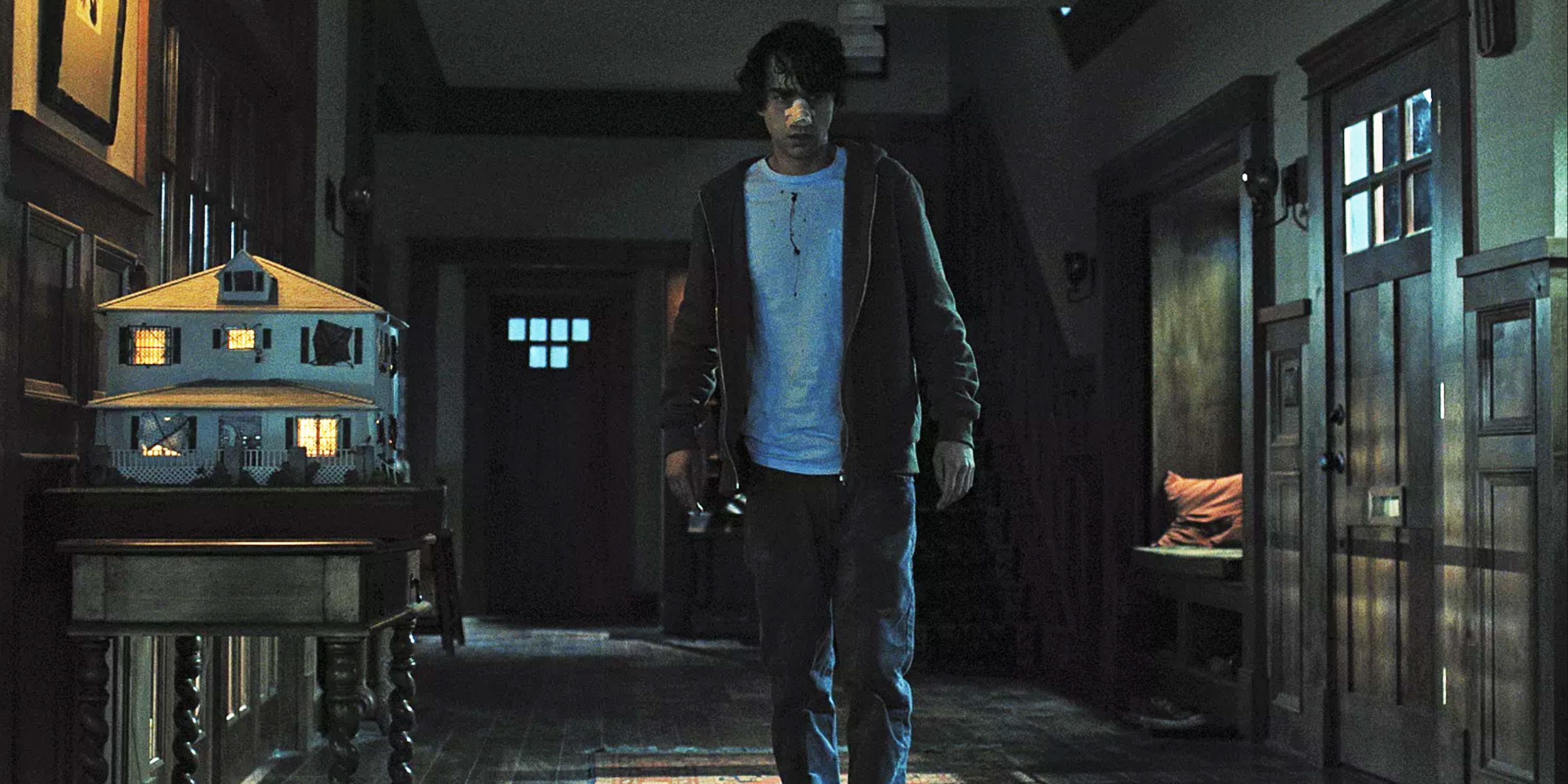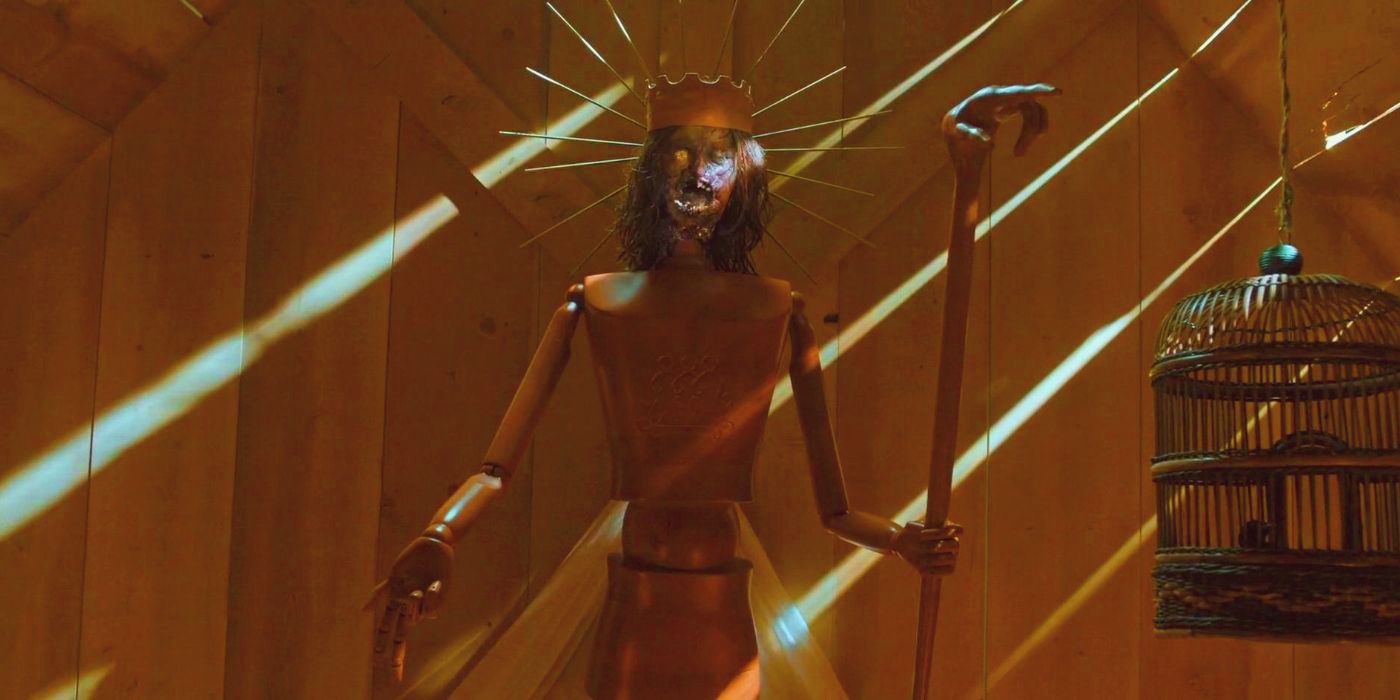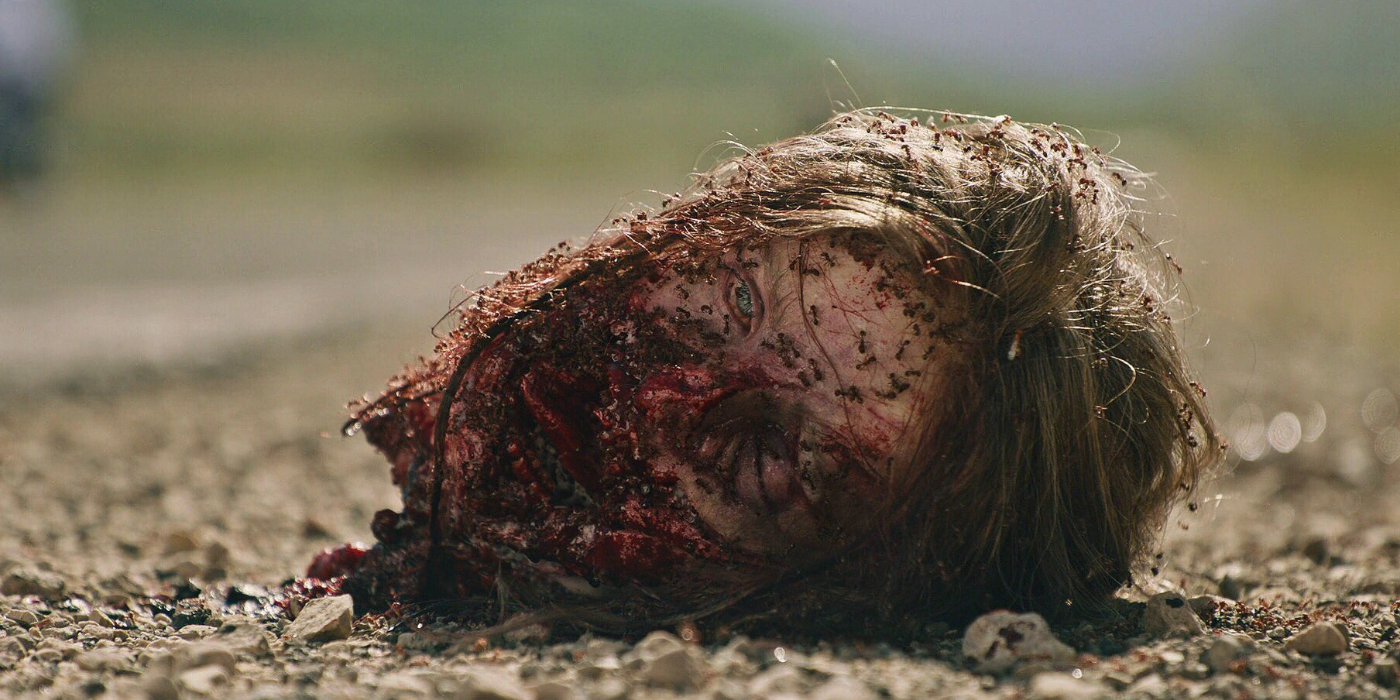Summary
-
Hereditary’
s open ending raises questions about demon Paimon and the Graham family’s ominous fate. - Annie’s family history of mental illness parallels the grief and trauma explored in Hereditary.
- Director Ari Aster’s choice to feature King Paimon offers a fresh take on demonology in horror cinema.
The Hereditary ending is open to interpretation and leaves a lot of open-ended questions surrounding the demon Paimon. In Hereditary, Annie Graham is an artist whose mother has just passed away, and though her son Peter and husband Steve appear to be mostly indifferent towards her death, Annie’s daughter Charlie seems especially troubled. This kicks off a brief exploration into Charlie’s peculiar tendencies — clipping off the head of a dead bird, crafting abnormal creatures out of scraps — before a series of seemingly insignificant events leads to her untimely death.
From there, the movie edges suddenly into the supernatural, introducing séances, ghosts, and the occult. However, whether or not the specters that appear to be haunting their home are real or just heightened projections of grief, there is very clearly something malevolent inhabiting this grief-stricken family; and whether the “Hail, Paimon” conclusion of Hereditary feels especially satisfying depends on whichever interpretation of horror the audience feels inclined to follow.
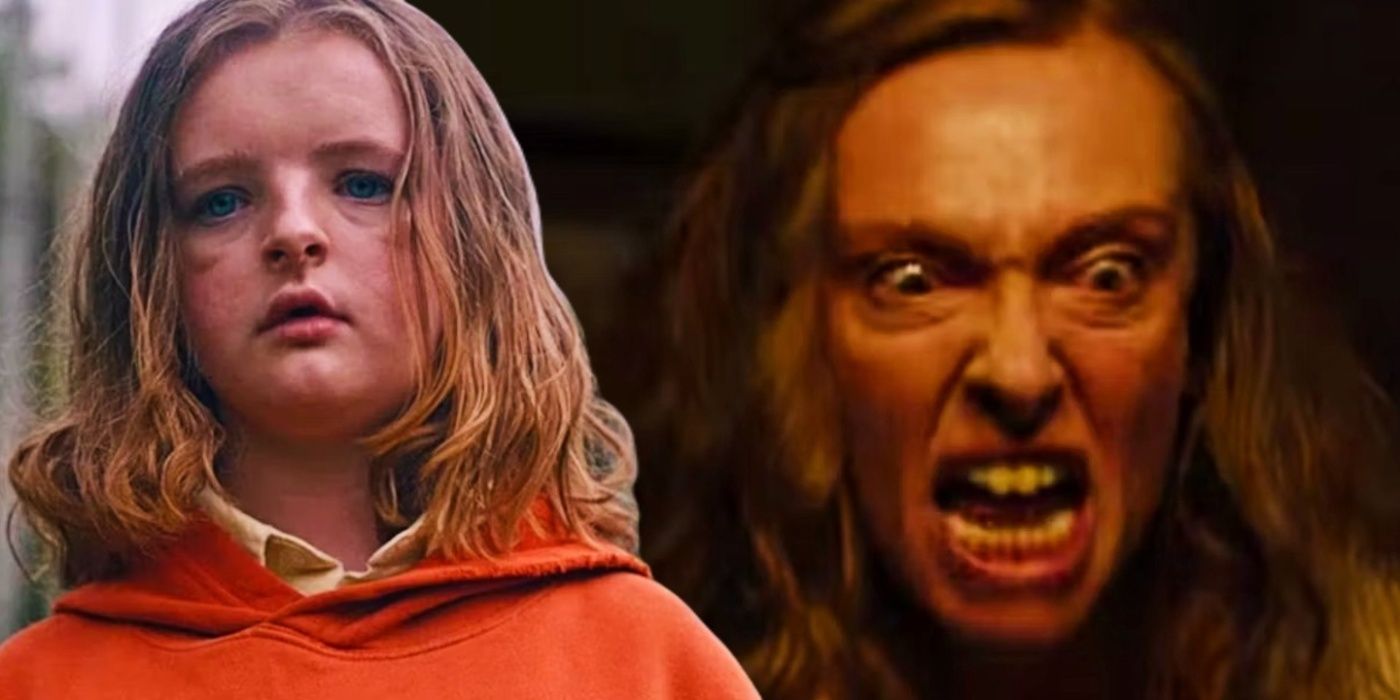
Related
Is Hereditary 2 Happening? Ari Aster’s Sequel Idea & Everything We Know
Hereditary is one of the most revered horror movies of the 2010s, and there have been rumors (fueled by director Ari Aster) about Hereditary 2,
Hereditary’s Literal Interpretation
The Demon King Paimon Is Resurrected & Inhabits Peter’s Body
In the Hereditary ending, it’s revealed that Annie’s mother was deeply involved in the occult — namely as a devout worshipper of the demon Paimon (“one of the eight kings ofHell”) — and per the cult’s mission, Annie was tasked with helping Paimon manifest the body of a human child. She had attempted to use Peter as a host when he was born, but Annie was far too territorial, inadvertently prompting them to use Charlie instead.
However, given that a male host was preferred, Charlie’s death (whether coincidental, serendipitous, or somehow divinely induced) worked to the cult’s benefit. This prompted the transferring of Paimon’s soul into Peter’s body, and it required some mortal assistance, which explains the company of fellow cultist Joan (Ann Dowd).
What’s more is that Annie, who had done her best at keeping her family tethered up until the final few moments of the movie, becomes possessed herself, not only aiding in Peter’s death but in Paimon’s resurrection. Maybe she should have seen this coming, considering the demon’s symbol was littered throughout the movie — namely on her and her mother’s own necklaces.
Having been tricked into summoning the demon, Annie is sadly revoked of her matriarchal title and cuts off her own head as a final sacrifice for the greater good; the “greater good” being evil in this case. In fact, the recurring decapitations in this movie suggest that Charlie’s death (by way of decapitation) was no coincidence after all, especially given the fact that Paimon’s symbol is etched onto the very telephone pole that ends up removing her head.
In the end, the Graham family is invaded by demon worshippers, Annie’s mother successfully brings about the resurrection of a demonic being, even in death, and Paimon’s spirit inhabits Peter’s body. As a result, Hereditary heavily echoes Rosemary’s Baby and The Omen, with evil edging out good. That said, the literal interpretation of Hereditary is just as potent as the one that delves less into the supernatural than it does mental health.
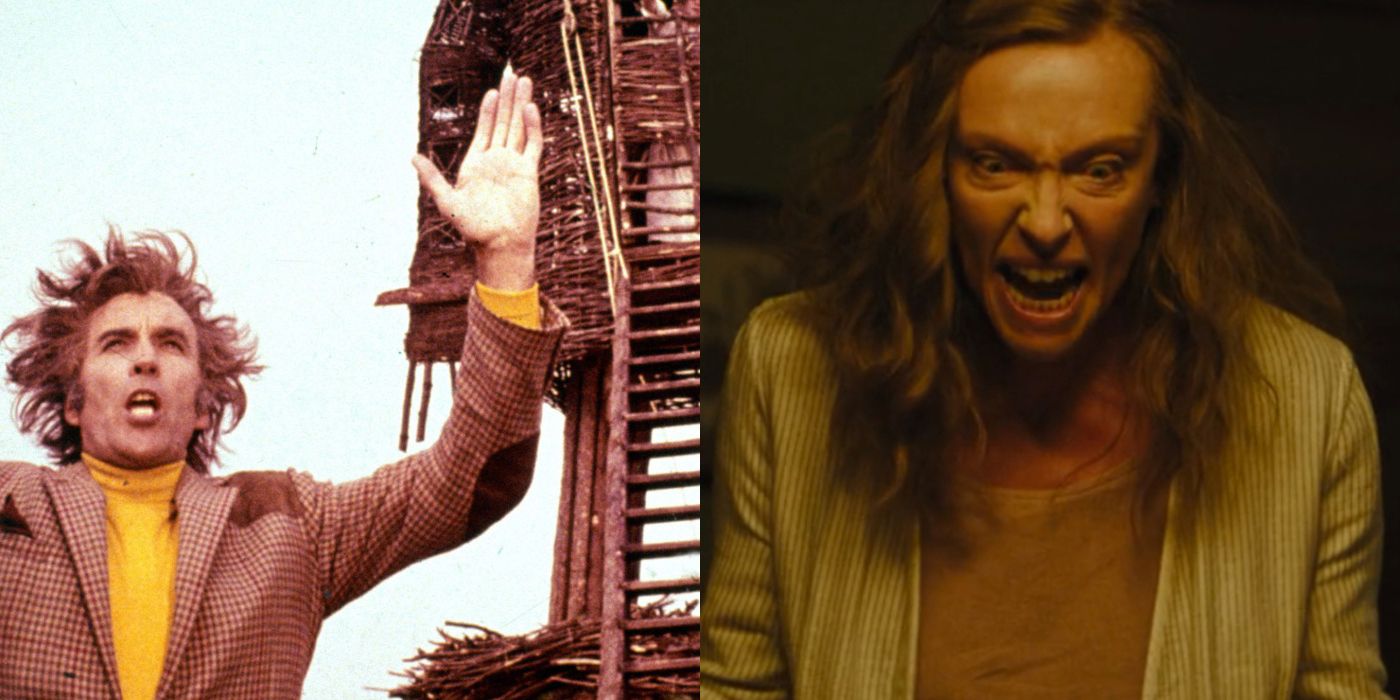
Related
10 Scariest Cults In Horror Movies, Ranked
There have been some scary cults in movies over the past few years, but this is nothing new as the genre goes back to the start of movie history.
A Deeper Look at Depression and Mental Illness In The Graham Family
The Hereditary Characters Could Represent The Various Ways People Handle Grief
Underneath the overt horror in Hereditary is a deep dive into mental health. Earlier on in the movie, when Annie attends a group therapy session for individuals dealing with the loss of a loved one, she opens up about her family’s history of mental health issues. Not only did her father and brother live with psychotic depression and schizophrenia, respectively (both resulting in suicide), her mother had dissociative identity disorder. Even the most physical representations of horror (i.e. fire spouting out of candles, apparitions appearing in the shadows) can symbolize the side effects attributed to these mental health conditions.
In the end, the weird Hereditary ending is totally open to interpretation. Annie could be possessed, or her symptoms could have peaked beyond the point of control. Peter could be so terrified of the sights he witnesses in the attic that he’s willing to flee through the third-story window, or his escalating episodes of self-harming have resulted in suicide.
What’s more is that all the members of the Graham family can also be interpreted as representing the various ways people deal with grief. From this angle, Annie represents anxiety and self-blame/unwarranted responsibility. Tragedy overpowers her in such a way that her grief turns into guilt. Instead of accepting the loss, she is in a perpetual state of “fixing”, not unlike the way she hones in on all the minute details of her scale models, Annie cannot help but carry the weight of every failure, misstep, and loss without allowing herself to heal and let go.
Peter, on the other hand, represents self-harm. Incapable of forgiving himself for an incident completely out of his hands, his pain is more physical than anything else. Whether he’s being strangled in his sleep, suffocating from insects, or having his face forcibly jerked onto the surface of his school desk and breaking his nose, Peter’s form of grief in Hereditary is represented through punishment. At one point, he even endures the same symptoms of anaphylactic shock that Charlie felt moments before her death, suggesting that if Charlie had to suffer, he should have to suffer too.
Hereditary‘s distant and reserved Steve represents traditional symptoms of major depression. He’s shut off, introverted, irritable, lethargic. He symbolizes a quieter kind of depression — a kind of grief that sits on the sidelines and observes, but it is still debilitating and corrosive. In a movie as layered as Hereditary, there’s hardly a limit on how audiences might interpret it. On one hand, there’s the exploration of mental health, but other impressions could easily include a wider scope of topics, like gender politics (sacrificing a female host for the preferred male), nihilism, forgiveness, or even the decline of “traditional family values.”
The Hereditary Ending Was (Kind Of) Foretold
Peter’s English Classes Continually Reference Greek Tragedies
As jarring as Hereditary may be, it by no means attempts to pull the rug out from underneath its audiences in terms of how big of a gut-punch it delivers. In fact, it outright embraces its morbid final act from the get-go — the only condition being that all of its minute details require strict attention to detail.
Throughout the movie, Peter’s high school English class continually nods to Greek tragedies, drawing obvious parallels to his family’s current trauma. In one scene, a Sophocles quote reads, “Punishment also brings wisdom.” So, as the Grahams’ strife eventually reached its inevitable boiling point, the morbid warnings were already laid on thick, and any shot at hope was dashed away. This movie savors punishment, not only for its characters but for its audience, and the Hereditary ending delivers its most unforgiving blow.
In another one of Peter’s high school English classes, his teacher says (referring to the characters in a story, but indirectly to Peter and his family as well), “They’re all pawns in this horrible, hopeless machine.” No matter how inviting the light at the end of the tunnel might appear, it’s fleeting. The light will go out eventually, and fate will have its due.
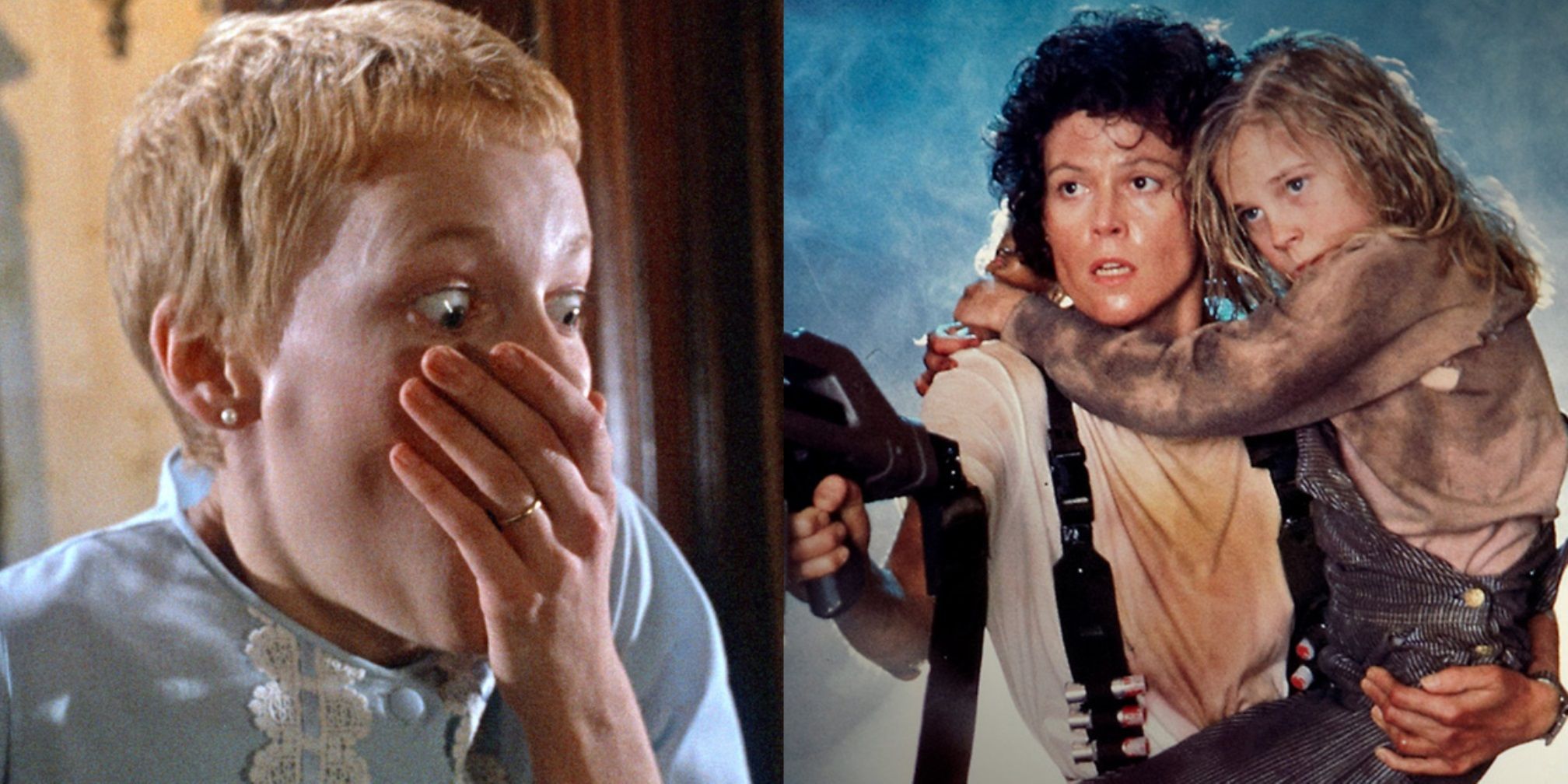
Related
10 Best Horror Movies About Motherhood
From Rosemary’s Baby to The Exorcist to Hereditary to Aliens, some of the greatest horror movies ever made are about the fears of motherhood.
Hail Paimon — The Demon Explained (& Why Ari Aster Chose It)
The Hereditary Director Didn’t Want To Do A Devil Movie
King Paimon, one of the kings of Hell according to the Lesser Key of Solomon, commands a vast legion of demons and possesses profound knowledge of the past and future. Renowned for his ability to teach arts and sciences and bestow special titles upon his followers, Paimon’s lore is steeped in complexity and grandeur. Aster’s selection of Paimon, as discussed in a Reddit AMA, was driven by a desire to explore uncharted territories of horror, sidestepping the clichéd portrayal of the devil. Aster remarked:
“The devil has been done to death. Paimon was my favorite option that came up in my research. I’ve already been told by some that Paimon is an “obvious choice.” Everyone’s a critic, it seems.”
This decision reflects a thoughtful engagement with demonological traditions, aiming to surprise and unsettle an audience perhaps too comfortable with the familiar tropes of horror cinema. The director’s acknowledgment of critics deeming Paimon an “obvious choice” underscores the challenge of balancing novelty with the genre’s expectations. To feature Paimon instead of a more universally recognized demonic figure like the Devilenriches Hereditary with a layer of originality and depth that sets it apart from conventional horror films.
This choice not only showcases Aster’s dedication to narrative innovation but also amplifies the film’s haunting themes, making Paimon’s presence not merely a detail but a cornerstone of its unsettling appeal. Through Hereditary, Aster successfully bridges the gap between traditional horror elements and a novel storytelling approach, marking the film as a standout entry in the genre and cementing its place in the annals of horror cinema.
What The Hereditary Ending Means
The 2018 Ari Aster Movie Is About The Transformative Nature Of Trauma
Ari Aster’s Hereditary is an incredibly complex movie with many themes and layers that sometimes get lost behind the shocking visuals. However, it’s also a horror film whose ending has a clear thematic message behind it. The Hereditary ending is about the transformative power of trauma, and how the worst events in people’s lives can completely redefine who they are.
Specifically, Hereditary is about the cycle of grief within the family unit, and how previously healthy families can be completely changed by a single, traumatic event. The director himself confirmed as much during an interview. Speaking to Vox in 2018, Aster lifted the lid on what the Hereditary ending means and what message he was trying to convey with his breakout horror movie:
For me, the metaphor is operating all the way through. At the end, without spoiling anything, the movie is still about how trauma can utterly transform a person, and not necessarily for the better.
This is evident in every character in Hereditary by the end of the movie. Toni Collette’s Annie is carrying trauma from her mother and childhood. Peter is carrying the trauma of both Annie’s actions and his part in the death of his younger sister, Charlie. It’s with Peter that the meaning of Hereditary becomes the most clear too. The transformation from trauma and grief is literal in Peter’s sense, as he becomes Paimon, the position that was originally reserved for Charlie.
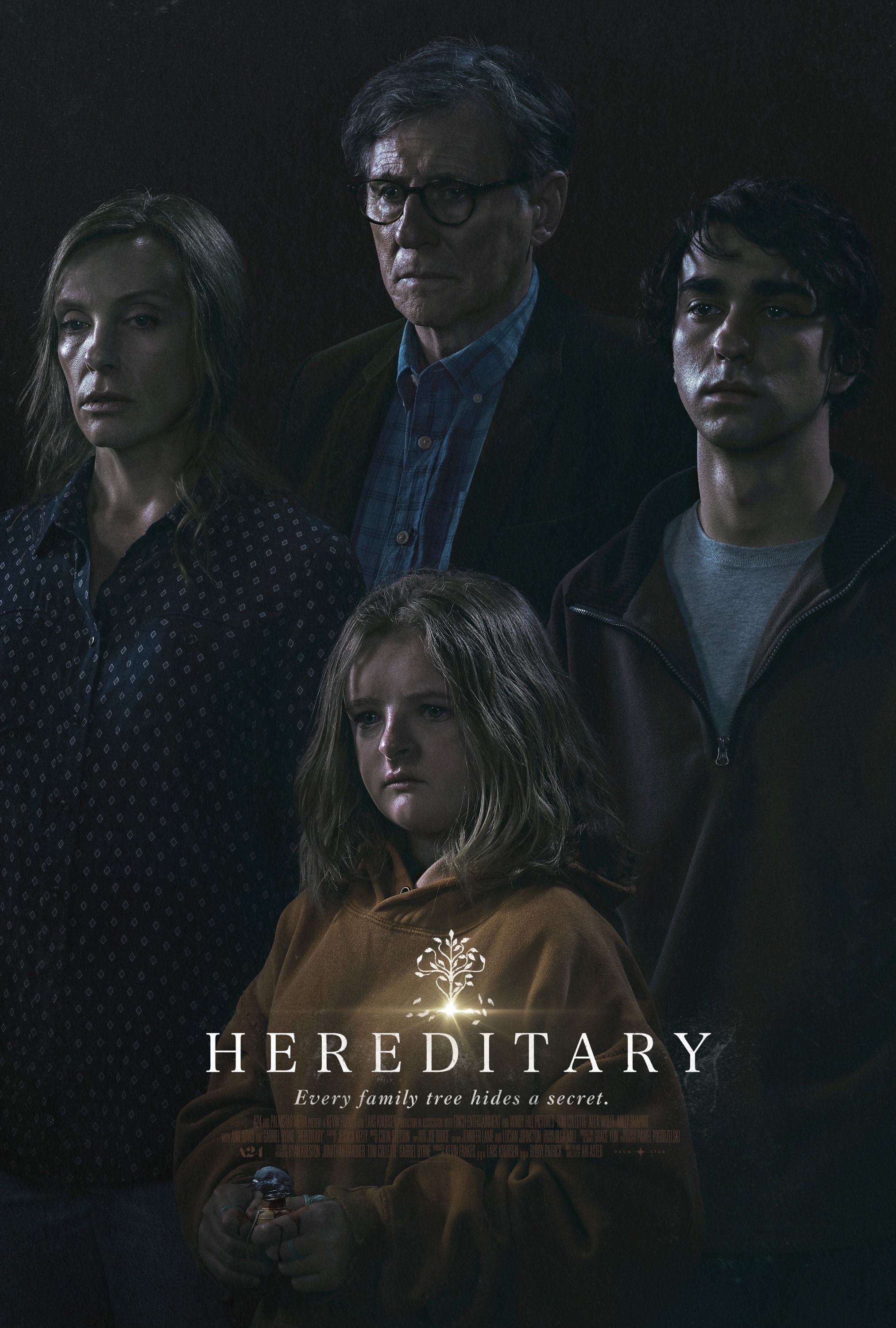
Hereditary
- Release Date
- June 7, 2018
- Cast
- Toni Collette , Milly Shapiro , Zachary Arthur , Gabriel Byrne , Mallory Bechtel , Alex Wolff , Ann Dowd
- Runtime
- 2h 7m
